New Faces at SEAS
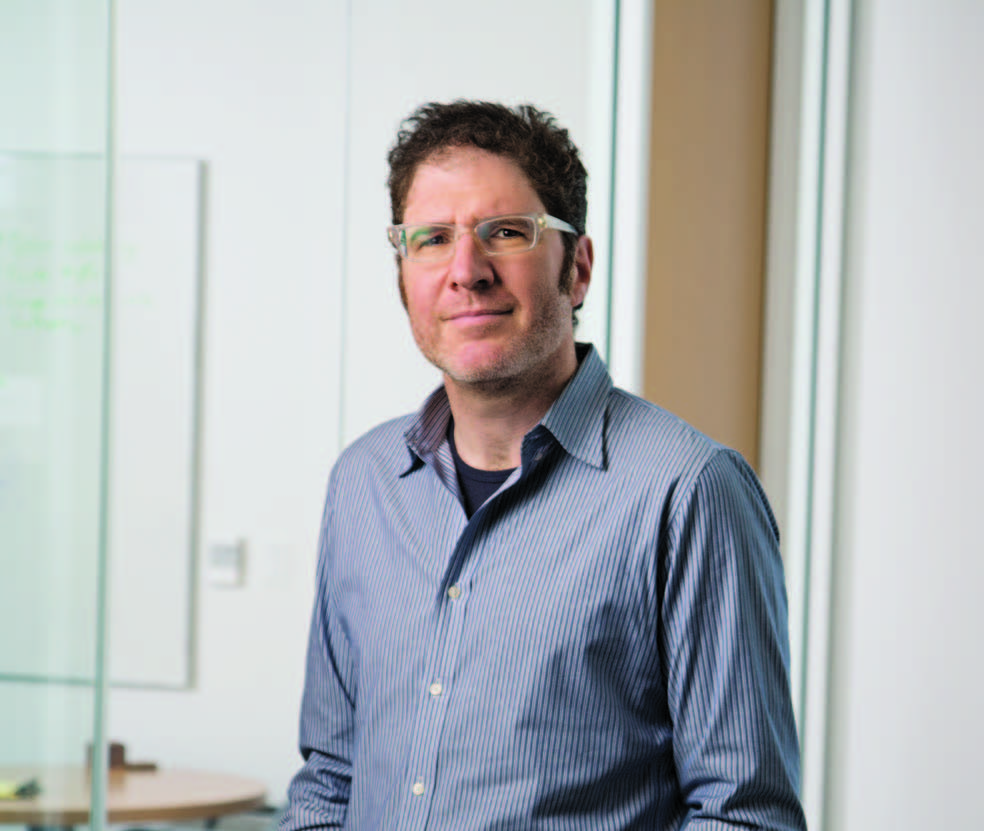
DAVID M. BLEI
Professor, Computer Science PhD, UC Berkeley, 2004; BS, Brown University, 1997
David M. Blei’s research includes statistical machine learning and Bayesian statistics, with wide applications in text, images, music, social networks, user behavior, and scientific data. Blei, who holds a joint appointment in Statistics, is currently teaching a PhD-level course, Foundations of Graphical Models. In the spring, he plans to teach an advanced seminar on inference from observational data.
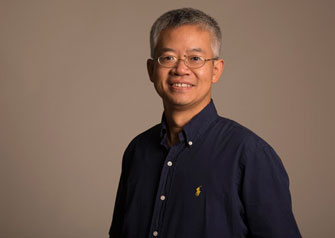
QIANG DU
Fu Foundation Professor, Applied Mathematics PhD, Carnegie Mellon University, 1988; BS, University of Science and Technology of China, 1983
Qiang Du’s expertise is in applied and computational mathematics (multiscale modeling and analysis, numerical algorithms and simulations), with applications in areas of physical (super-fluid, BECs, complex-fluid); biological (bio-membrane); materials (phase transitions, superconductivity); and information sciences (data, image). Du plans to teach Principles of Applied Mathematics in the spring, and in the near future, he hopes to teach courses on mathematical models and computational algorithms for various scientific and engineering applications.
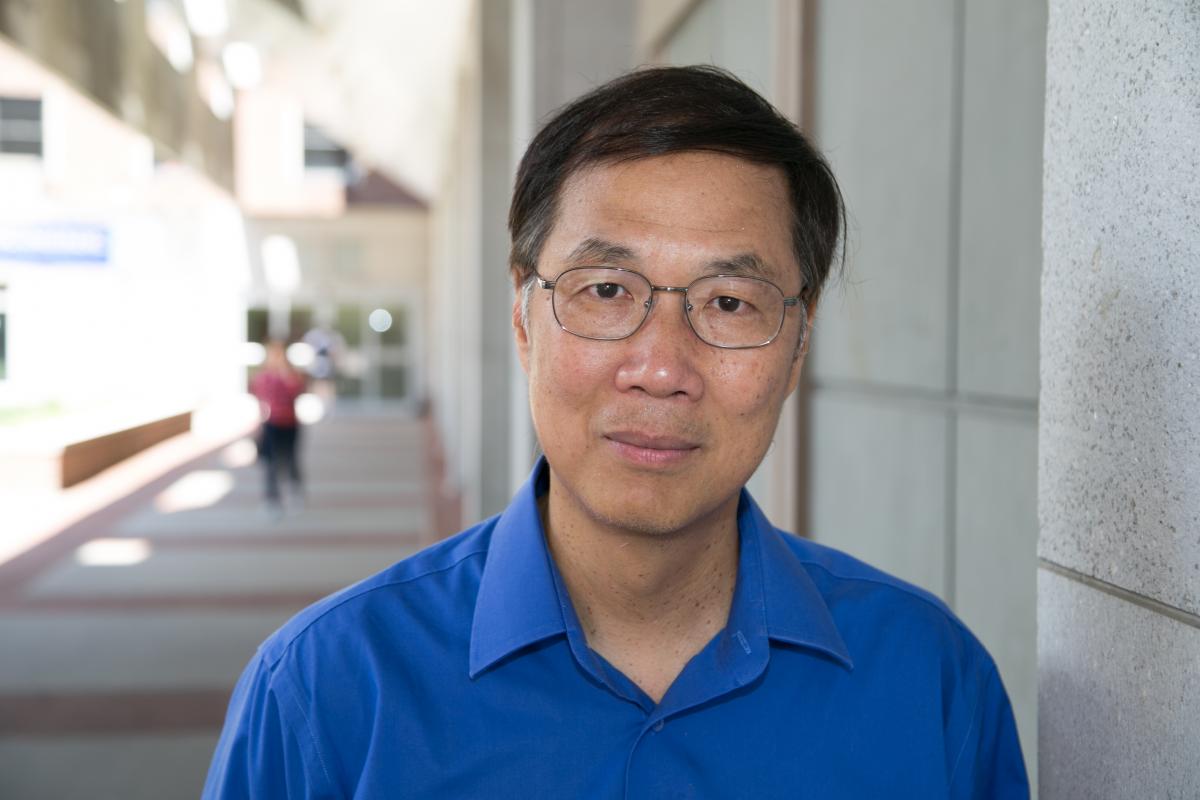
KAM LEONG
Professor, Biomedical Engineering PhD, University of Pennsylvania, 1987; BS, UC Santa Barbara, 1977
Kam Leong focuses on the design of functional and nanostructured biomaterials for applications in nucleic acid delivery, personalized medicine, and regenerative medicine. Leong expects to teach the courses Direct Cellular Reprogramming and Biomanufacturing.
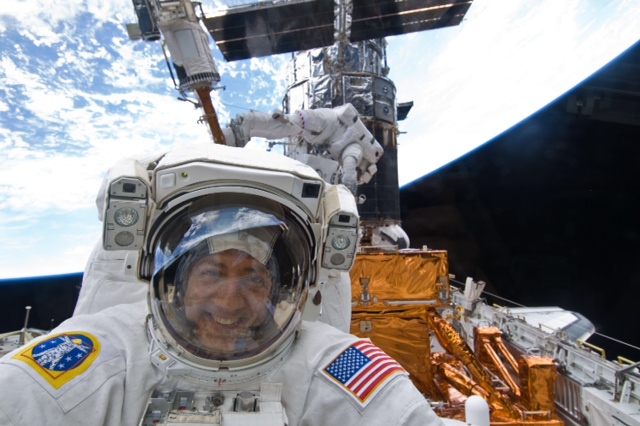
MICHAEL J. MASSIMINO
Professor of Practice, Mechanical Engineering PhD, MIT, 1992; ME, MIT, 1990; MS, Mechanical Engineering, MIT, 1988; MS, Technology and Policy, MIT, 1988; BS, Columbia Engineering, 1984
Michael Massimino’s research focuses on human-machine systems, space robotics, and human space flight. A former NASA astronaut, he twice fixed the Hubble Space Telescope and is pursuing partnerships in space-related research and technology development between NASA and Columbia. Last spring, he debuted a new course at the Engineering School on human space flight and plans to teach it again this academic year. Massimino is currently teaching The Art of Engineering with David Vallancourt, senior lecturer in Electrical Engineering. In the spring, Massimino will again teach Introduction to Human Space Flight.
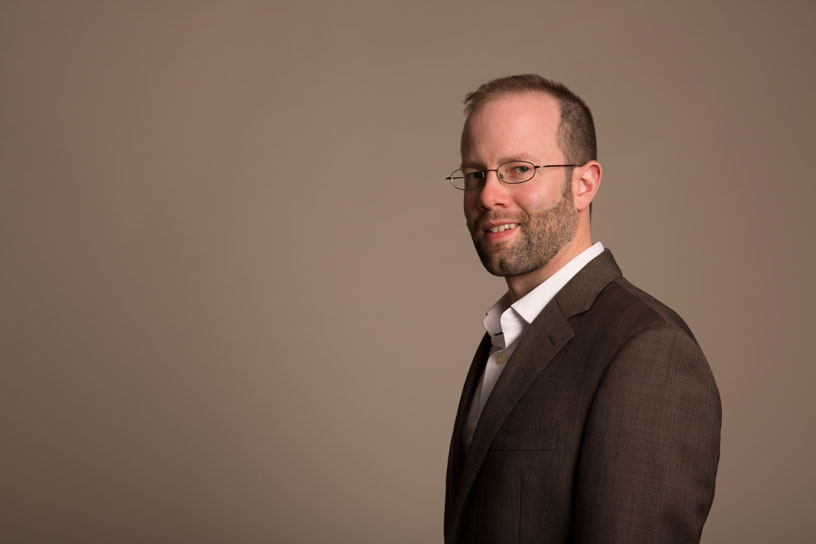
MICHAEL BURKE
Assistant Professor, Mechanical Engineering PhD, Princeton University, 2011; BS, The Pennsylvania State University, 2005
Michael Burke’s primary research interests are in mixed-experimental-and-computational investigations of advanced combustion and energy systems that utilize multiscale modeling, automation, and data sciences. This fall, Burke is teaching Introduction to Combustion.
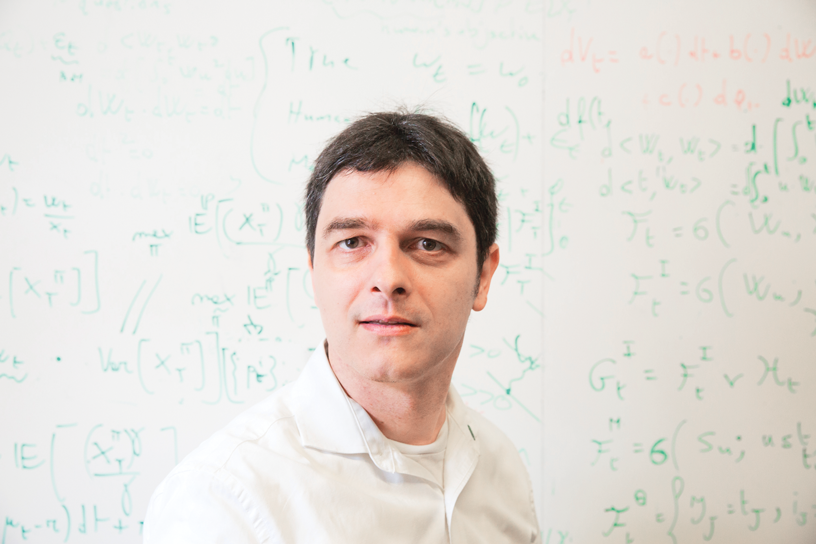
AGOSTINO CAPPONI
Assistant Professor, Industrial Engineering and Operations Research PhD, California Institute of Technology, 2009; MS, California Institute of Technology, 2006; BS, University of Rome, La Sapienza, 2001
Agostino Capponi’s work focuses on financial engineering with an emphasis on counterparty risk, systemic risk, and dynamic credit investment. He develops probabilistic models to measure, control, and hedge these risks. The outcome of his research provides guidance toward the design of regulatory policies aimed at controlling and stabilizing financial markets. Capponi will be teaching Continuous Time Finance and Term Structure Modeling.
What makes the School attractive is the opportunity for the growth of applied and computational mathematics in an interdisciplinary research and training environment that is very unique both within the School and across the whole University.
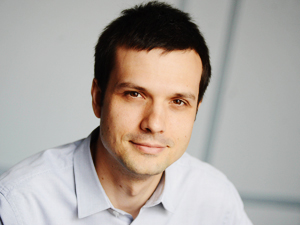
MATEI CIOCARLIE
Assistant Professor, Mechanical Engineering PhD, Columbia Engineering, 2010; MS, Columbia Engineering, 2004; BS, Polytechnic University of Bucharest, 2003
A roboticist, Matei Ciocarlie is interested in intelligent mechanisms that interact with their environment, hold their own in the real world, and perform useful tasks for people. He is looking to develop versatile robotic manipulators that leverage mechanical and computational intelligence and are able to assist people with motor impairments or make skilled workers more productive. This semester, Ciocarlie is teaching Introduction to Robotics. Down the road, he plans to teach more in-depth robotics-related courses such as Dexterous Manipulation, Human Robotic Interaction, or Artificial Intelligence.
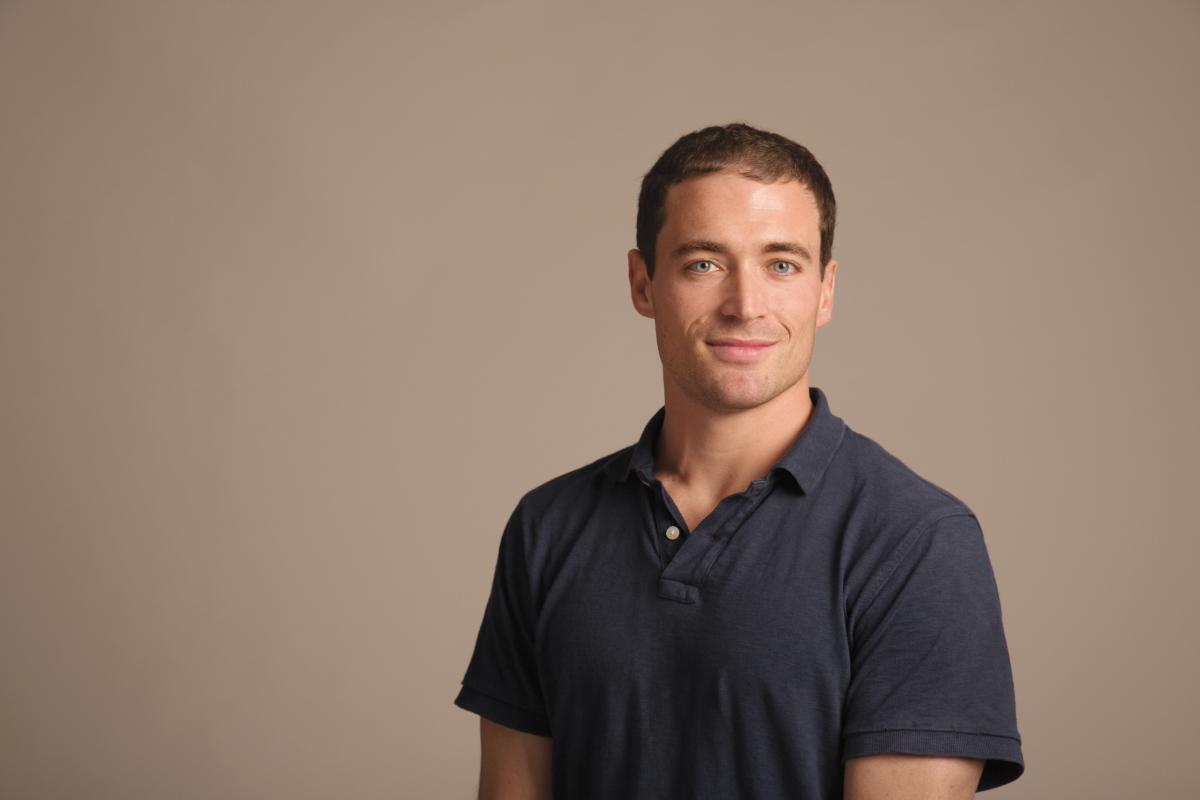
DANIEL ESPOSITO
Assistant Professor, Mechanical Engineering PhD, Columbia Engineering, 2010; MS, Columbia Engineering, 2004; BS, Polytechnic University of Bucharest, 2003
A roboticist, DANIEL ESPOSITO is interested in intelligent mechanisms that interact with their environment, hold their own in the real world, and perform useful tasks for people. He is looking to develop versatile robotic manipulators that leverage mechanical and computational intelligence and are able to assist people with motor impairments or make skilled workers more productive. This semester, Ciocarlie is teaching Introduction to Robotics. Down the road, he plans to teach more in-depth robotics-related courses such as Dexterous Manipulation, Human Robotic Interaction, or Artificial Intelligence.
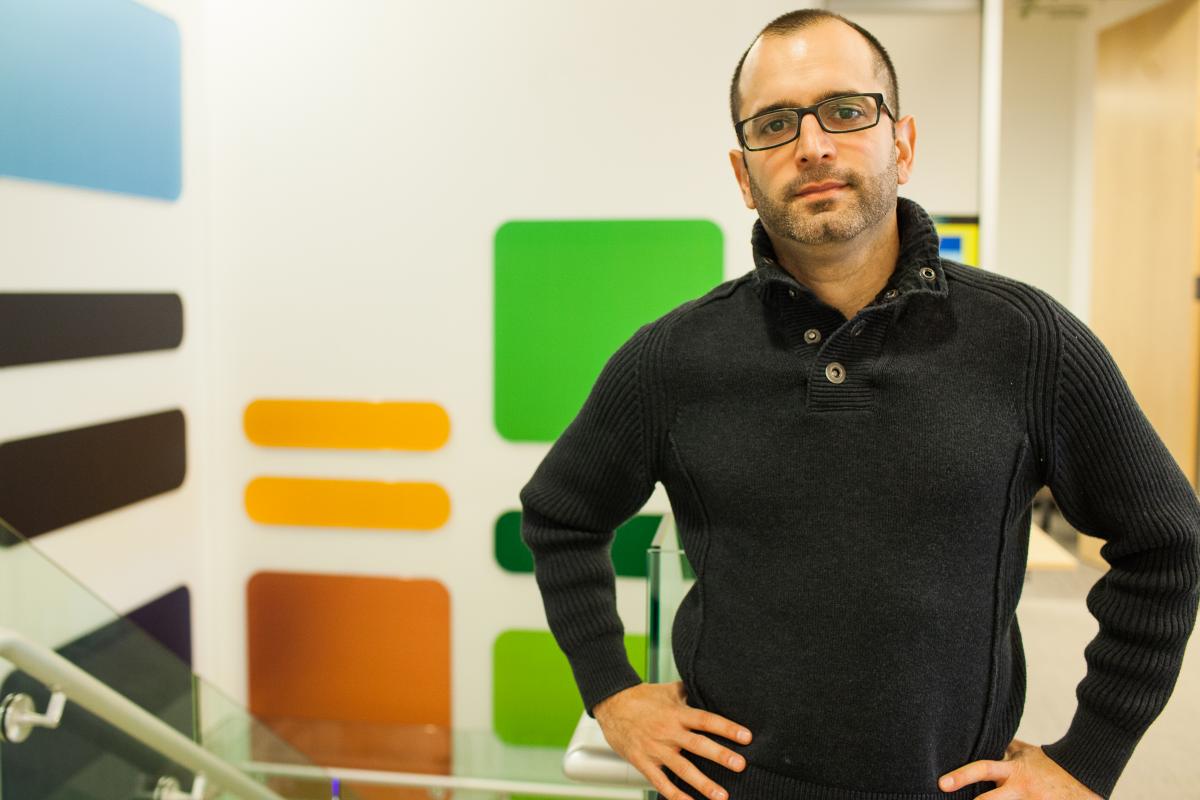
YANIV ERLICH
Assistant Professor, Computer Science PhD, Cold Spring Harbor Laboratory, 2010; BSc, Tel-Aviv University, 2006
Yaniv Erlich is interested in devising new algorithms to extract genetic information that is embedded in social media and Web 2.0 databases, map vulnerabilities to genetic privacy, and understand the contribution of repetitive elements in the genome to the predisposition of common diseases. Erlich will begin teaching next year; his course load is still being determined.
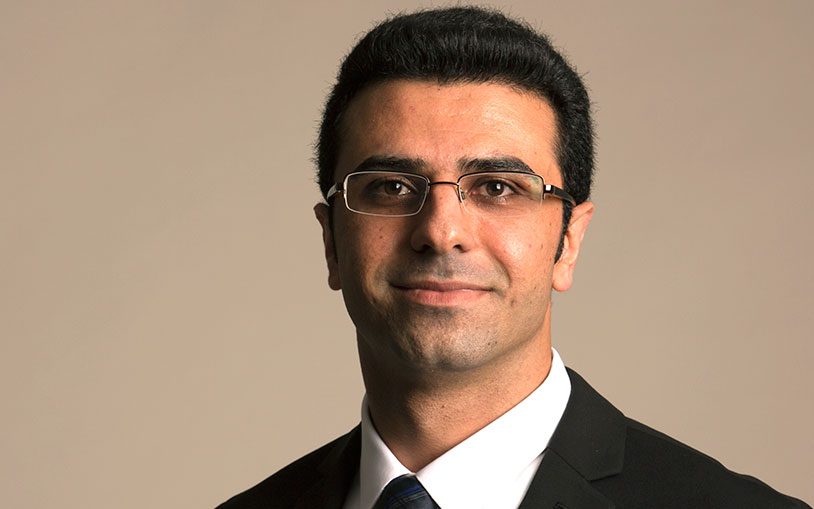
JAVAD GHADERI
Assistant Professor, Electrical Engineering PhD, University of Illinois at Urbana–Champaign, 2013; MASc, University of Waterloo, 2008; BS, University of Tehran, 2006
Javad Ghaderi’s research interests are broadly in the analysis, design, and management of large-scale networked systems. He draws upon mathematical tools from control, optimization, information theory, algorithms, and stochastic processes to study communication networks, wireless systems, social networks, and data centers. This fall, Ghaderi is teaching Communication Networks, and in the spring, he plans to teach Network Algorithms and Dynamics, a new course offering.
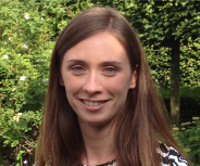
Catherine Gorlé
Assistant Professor, Civil Engineering and Engineering Mechanics; PhD, University of Antwerp and Von Karman Institute for Fluid Dynamics, 2010; MSc, Delft University of Technology, 2005, BSc,’02
Catherine Gorlé’s research focuses on the development of predictive flow simulations of the natural and built environment through the integration of a variety of computational tools and experiments within a probabilistic framework. Specific topics of interest are turbulence models for uncertainty quantification and quantifying uncertainties related to the inherent variability of boundary conditions. Gorlé will be teaching Fluid Mechanics initially and expects to teach more, including Computational Fluid Dynamics.
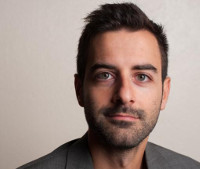
Ioannis Kougioumtzoglou
Assistant Professor, Civil Engineering and Engineering Mechanics; PhD, Rice University, 2011, MS,’09; Dipl.Eng., National Technical University of Athens, 2007
Ioannis Kougioumtzoglou primarily focuses on stochastic mechanics with applications in civil and mechanical engineering. He is interested in mathematical modeling/analysis of complex stochastic systems; computational stochastic mechanics; nonlinear stochastic dynamics; uncertainty quantification methodologies; and signal processing techniques. In the spring, Kougioumtzoglou will teach an updated version of the existing course, Random Processes in Mechanics.
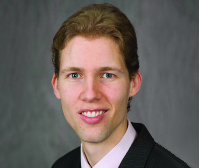
Antonius “Ton” Dieker
Visiting Associate Professor, Industrial Engineering and Operations Research; PhD, University of Amsterdam, 2006; MS, Vrije Universiteit Amsterdam, 2002
Ton Dieker’s research focuses on computer simulation techniques (algorithm design and analysis), stochastic networks, and modeling of service systems. He is an associate professor at Georgia Tech, where he has been on the faculty since 2008, and his honors include the Goldstine Fellowship from IBM Research, an NSF CAREER Award, the Erlang Prize from the Applied Probability Society of INFORMS, and a Fouts Family Early Career Professorship at Georgia Tech. In the spring, Dieker will teach a PhD course on sampling methods and algorithms and an additional course yet to be determined.
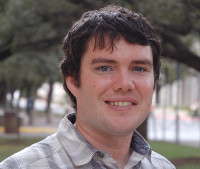
Kyle Mandli
Assistant Professor, Applied Mathematics; PhD, University of Washington, 2011; MS, University of Washington, 2005; BS, University of Wisconsin, 2004
Kyle Mandli’s research involves the computational and analytical aspects of geophysical shallow mass flows such as tsunamis, debris flow, and storm surge. This also includes the development of advanced computational approaches, such as adaptive mesh refinement, leveraging new computational technologies, such as accelerators, and the application of good software development practices as applied more generally to scientific software. Mandli is currently slated to teach the undergraduate course on partial differential equations.
I was drawn to Columbia Engineering because of its vibrant and intellectually stimulating environment made possible by collaborations with world-class institutes, such as the Lamont-Doherty Earth Observatory, the amazing faculty in the Applied Physics and Applied Math Department, and, of course, the fantastic students.
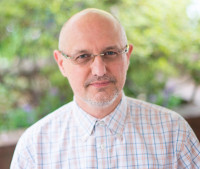
Zoran Kostic
Associate Professor of Professional Practice, Electrical Engineering; PhD, University of Rochester, 1991; MS, University of Rochester, 1988; Dipl.Ing., University of Novi Sad, 1987
Zoran Kostic’s expertise spans mobile data systems, wireless communications, signal processing, multimedia, system-onchip development, and applications of parallel computing. His work comprises a mix of research, system architecture, and software/hardware development, which has resulted in a notable publication record, three dozen patents, and critical contributions to successful products. He serves as director of the MS Electrical Engineering Program. This academic year, Kostic is teaching Electrical Engineering Practice, Signal Processing and Communications on Mobile Processors, and Wireless Communications.
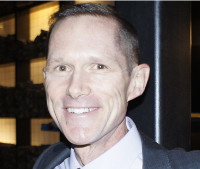
Robert G. Bozic
LTC USA (Ret); Lecturer in Discipline, Chemical Engineering; PhD, Columbia Engineering, 2008; MS, University of Florida, 1999; BS, U.S. Military Academy, 1989
Robert G. Bozic’s work is primarily in electrochemical engineering, with a focus on electrochemical sensors and fuel cells. The sensor work is directed toward detection of munition constituents in groundwater. Microbial fuel cell research has been at the forefront of the fuel cell work. This fall, Bozic will be assisting with Chemical Engineering Design.
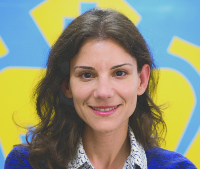
Eleni Drinea
Lecturer in Discipline, Computer Science; PhD, Harvard University, 2005; MS, Harvard University, 2005; BS, University of Patras, Greece, 1999
Eleni Drinea’s research is in the areas of information theory and randomized algorithms, with a focus on characterizations of channel capacity, reliable communication over wireless networks, and the network coding paradigm for network optimization. She was a research associate from 2007 to 2009 at the School of Computer and Communication Sciences at Ecole Polytechnique Federale de Lausanne (EPFL). Drinea is currently teaching two sections of Algorithms for Data Science. In the spring, she plans to teach Analysis of Algorithms and Data Science Capstone and Ethics.
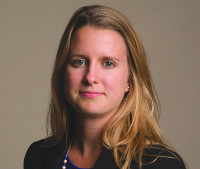
Katherine Reuther
Lecturer in Discipline, Biomedical Engineering; PhD, University of Pennsylvania, 2014; BS, The College of New Jersey, 2009
Katherine Reuther’s current research interests include soft tissue biomechanics, engineering education, and pedagogy. She will be working on developing new instructional tools and programs to enhance graduate education in the Department of Biomedical Engineering. Previously, her research focused on determining fundamental relationships and mechanisms of tendon and ligament injury and repair, with a particular emphasis on the shoulder. Reuther will be assisting this semester with Biomedical Engineering (BME) Senior Design, Computational Modeling of Physiological Systems, and Tissue and Molecular Engineering Laboratory. She is working on developing a graduate-level design course for the spring.
Robotics is by definition multidisciplinary and the School of Engineering at Columbia can enable researchers from all the needed areas (mechanical, electrical, computational, biomedical, etc.) to come together and work on the most important problems in the field. Strong collaborations with Columbia University Medical Center can also enable us to advance important domains such as assistive and rehabilitation robotics.
